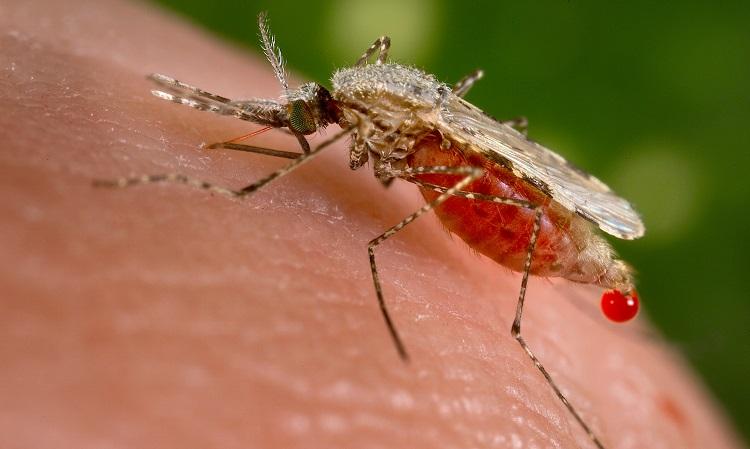The Ghana Health Service (GHS) recently announced the emergence of a new breed of mosquito that poses a greater threat to public health than the notorious anopheles mosquito.
This new breed, known as Anopheles Stephensi, is also a carrier of the malaria parasite and is highly invasive, able to adapt to a wide range of climatic conditions, according to the World Health Organization.
The GHS has identified the presence of this new mosquito in the areas of Tuba and Dansoman and has urged residents to take precautions to protect themselves.
We're now on WhatsApp. Click here to join.
Unfortunately, the Anopheles Stephensi first invaded Africa in 2019, and has since been confirmed in Ethiopia, Sudan, Somalia, Nigeria, and now Ghana, as of March this year.
What makes this mosquito especially dangerous is its ability to produce both Plasmodium Falciparum, the deadliest species of plasmodium that causes malaria, and P Vivax Malaria parasites.
A recent study conducted by the World Health Organization revealed the alarming implications of the spread of An. Stephensi for malaria transmission and control in Africa. The study projected that if left unchecked, An. Stephensi could put an additional 126 million people in Africa at risk of malaria.
Compounding the problem, this breed of mosquito has been found to be resistant to multiple insecticides, which makes control efforts especially challenging. At present, it is not known what can effectively kill this mosquito.
The GHS has formed a task force to implement a number of measures to control the spread of this mosquito, including the removal of water collection points in and around homes and communities to minimize breeding sites. In addition, the use of insecticide-treated mosquito nets is strongly advised to boost prevention efforts.
In a promising development, Ghana has become the first African country to approve a new malaria vaccine from Oxford University.
The MOSQUIRIX vaccine, developed by British drug maker GSK, was endorsed by the World Health Organization last year and is expected to play a critical role in the fight against malaria in Africa.
All You Need To Know About Anopheles Stephensi mosquito
Anopheles Stephensi mosquito is a species of mosquito that is primarily found in South Asia, including India, Pakistan, and Iran. It is a major vector for the transmission of malaria, which is a serious and sometimes fatal disease caused by a parasite that is transmitted to humans through the bites of infected Anopheles mosquitoes.
Anopheles Stephensi mosquitoes are known for their ability to thrive in urban environments and to breed in small, man-made containers such as discarded tires and plastic containers. They are also able to feed on a wide range of hosts, including humans and animals, which makes them highly adaptable and successful as disease vectors.
Efforts to control Anopheles Stephensi populations typically involve the use of insecticides, insecticide-treated bed nets, and other preventive measures such as the elimination of standing water and the use of screens on windows and doors to prevent mosquito entry. Vaccines are also being developed as a long-term solution to control malaria transmission.
Anopheles Stephensi mosquitoes transmit malaria by feeding on the blood of an infected person or animal and then passing the malaria parasites to the next person or animal they bite. The malaria parasite then multiplies inside the mosquito, and when the mosquito bites another person, the parasite is transferred to that person, potentially causing malaria.





